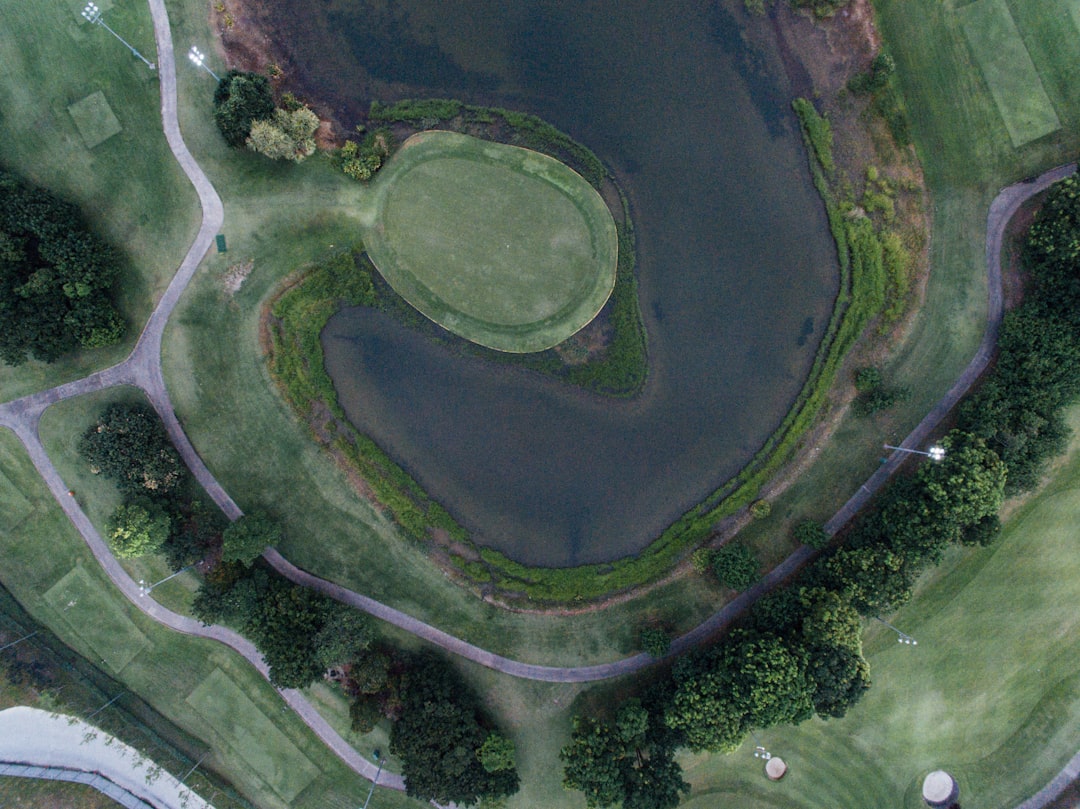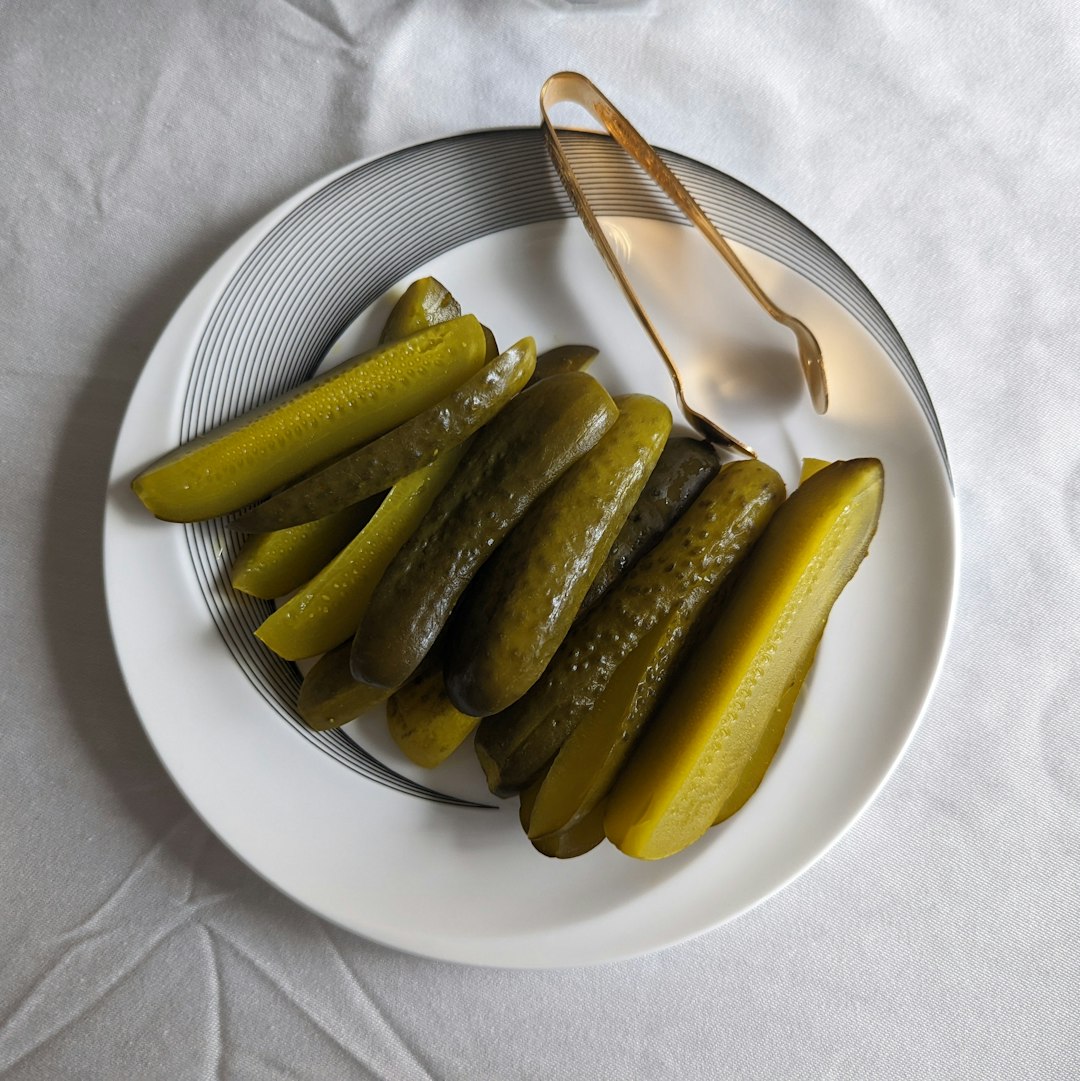In recent years, acupuncture has gained recognition as a complementary therapy for individuals undergoing in vitro fertilisation (IVF). In Sydney, many couples are turning to this ancient practice to enhance their chances of conception and improve their overall well-being during the IVF process. This article explores the benefits of IVF acupuncture in Sydney, how it works, and what prospective parents can expect when integrating acupuncture into their fertility journey.
Acupuncture is a key component of traditional Chinese medicine, involving the insertion of fine needles into specific points on the body to promote healing and balance. For those undergoing IVF, acupuncture can serve multiple purposes. It is believed to help regulate hormonal levels, enhance blood flow to the reproductive organs, and reduce stress and anxiety, all of which are crucial factors in the fertility process.
One of the primary benefits of acupuncture in the context of IVF is its potential to improve ovarian function. By stimulating blood flow to the ovaries, acupuncture may enhance the quality of eggs produced. Higher-quality eggs can lead to better embryo development, which is essential for successful fertilisation and implantation. Additionally, acupuncture may help to regulate menstrual cycles, which can be beneficial for women with irregular cycles seeking to conceive.
Stress management is another significant advantage of incorporating acupuncture into an IVF treatment plan. The emotional rollercoaster of fertility treatments can be overwhelming, and many individuals experience heightened anxiety during this time. Acupuncture promotes relaxation and helps to alleviate stress by balancing the body’s energy and releasing endorphins, the natural feel-good hormones. This can create a more conducive environment for conception, as high-stress levels can negatively impact fertility.
Moreover, studies have suggested that acupuncture may improve the success rates of IVF treatments. Research indicates that women who undergo acupuncture during their IVF cycles may have higher implantation rates and pregnancy rates compared to those who do not. This has made acupuncture a popular adjunct therapy for many fertility specialists in Sydney. Couples interested in exploring this option should consider seeking practitioners who specialise in ivf acupuncture sydney to ensure they receive tailored treatment that aligns with their specific needs.
When considering acupuncture as part of an IVF journey, it is essential to find a qualified practitioner. Look for acupuncturists who have experience in treating fertility issues and who understand the complexities of IVF. A good practitioner will conduct a thorough assessment, taking into account your medical history, lifestyle, and emotional well-being before designing a personalised treatment plan.
Typically, acupuncture sessions will begin a few weeks prior to the IVF cycle and continue throughout the treatment process. Many practitioners recommend sessions before and after embryo transfer, as this is believed to support implantation. The frequency and duration of treatments can vary based on individual needs and responses to therapy.
While acupuncture is generally considered safe, it is crucial to communicate openly with both your fertility specialist and acupuncturist. This ensures that all aspects of your treatment plan are coordinated and that any potential interactions with medications or procedures are managed appropriately.
In conclusion, acupuncture offers a holistic approach to enhancing IVF success for couples in Sydney. By addressing both physical and emotional aspects of fertility, acupuncture can provide valuable support during the IVF process. As more individuals seek out natural and complementary therapies, the integration of acupuncture into fertility treatments continues to gain traction. For those interested in exploring this beneficial practice, seeking out experienced professionals in ivf acupuncture sydney can be a significant step towards achieving their family-building goals. Embracing both traditional and modern practices may just hold the key to unlocking the path to parenthood.




